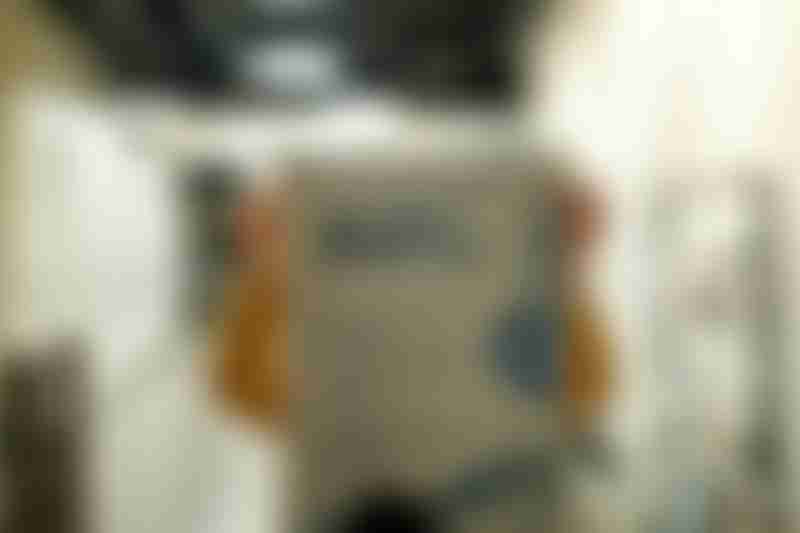Navigating Life After COVID-19 for Lung Cancer Patients

Source: Pexels
It has been a tough couple of years since the COVID-19 outbreak, and while some countries have completely eased restrictions, life may not be back to normal for everyone. Lung cancer patients, in particular, are facing challenges in light of the pandemic. Despite being vaccinated, they remain more vulnerable to breakthrough infections. As such, it is crucial for them to take the necessary precautions to stay safe, even when things go back to normal. Here are some things that they should consider.
FAQs for lung cancer patients
I am a lung cancer patient. Am I more likely to get COVID-19?
COVID-19 can affect anyone. Lung cancer does not make people more susceptible to the virus. Some cancer patients may be at higher risk if
- They are immunocompromised due to the cancer treatments they are getting (e.g., immunotherapies and chemotherapies) or
- Have other co-existent medical conditions and complications from lung cancer
- Simply by being too frail in the late stage of cancer
How do I distinguish the symptoms of COVID-19 while I already have them as a lung cancer patient?
The reality is it is difficult to tell them apart. If you have new or worsening symptoms:
- Test yourself using an over-the-counter COVID-19 home test
- Seek medical attention, especially when there is a fever
What can I do to protect myself from getting COVID-19?
The recommendations and precautions for the general public still serve well for cancer patients. They include:
- Avoid crowds, public places and stay home as much as possible
- Avoid close contact with people who are sick
- Practice good personal hygiene and frequent handwashing with soap
- Stay healthy with adequate rest and nutrition
- Take the COVID-19 vaccine booster shots whenever it is recommended
- When having a COVID-19 patient in the household, stay isolated as much as possible – meaning quarantine the infected person and minimize contact in shared space.
While the mask-wearing guidance eases in many places, lung cancer patients should stay masked, especially in crowded places and indoors.
What is the optimal time for COVID-19 vaccination?
The ideal timing is still to be defined. Dr. Amy Cummings, a thoracic medical oncologist at UCLA Health advised that lung cancer patients should take their vaccines 2-3 weeks before starting chemotherapy or immunotherapy. This gives their bodies sufficient time to produce COVID-19 antibodies before the cancer treatments. The lag period also allows the immune system to settle down before treatment side effects occur.
Will I expect any difference in how my cancer treatments are carried out?
There may be changes in patient management in hospitals during the pandemic. However, ongoing chemotherapy, immunotherapy and other oral medications should continue as planned unless your doctors make any changes to the treatment strategy.
You may check if telemedicine is an option for certain consultations without physical examination to avoid visits to hospital.